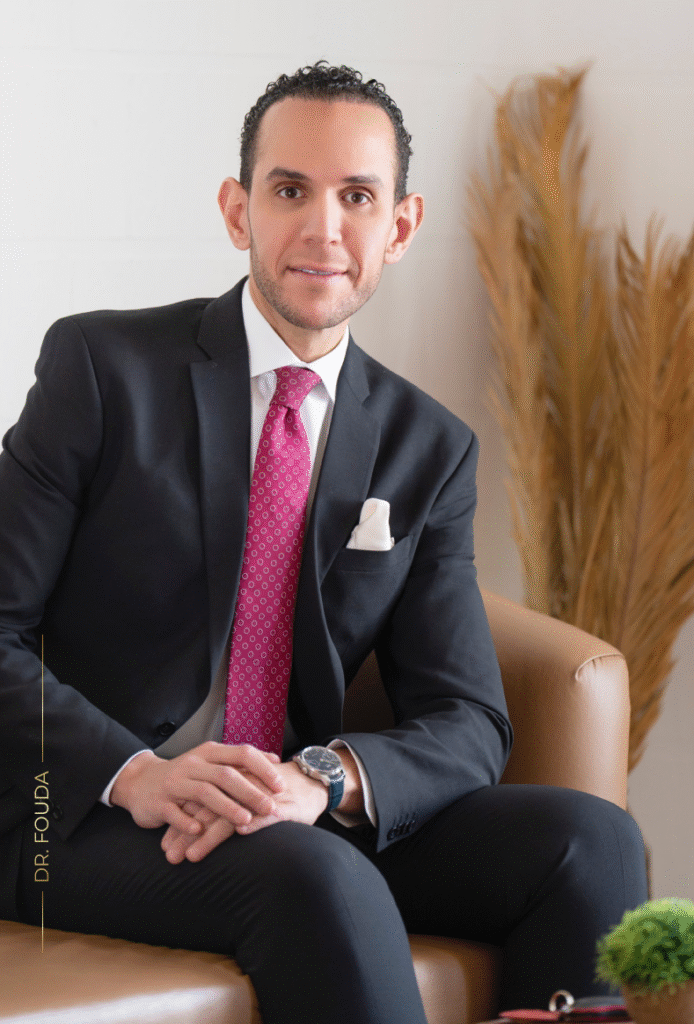In the realm of restorative and aesthetic surgery, breast reconstruction stands as a powerful solution for women seeking to restore the shape and appearance of their breasts following mastectomy, trauma, or congenital conditions.
Whether you’ve undergone breast cancer treatment or experienced breast tissue loss, breast reconstruction in Riyadh offers a personalized, life-affirming approach to healing—both physically and emotionally.
Using advanced surgical techniques, this procedure is tailored to your unique body and goals. The result is a natural-looking, beautifully contoured breast shape that supports your confidence and well-being, all delivered with precision, safety, and compassion.
What is breast reconstruction surgery?
Breast reconstruction is a surgical procedure that rebuilds the breast mound to closely match the size, shape, and appearance of a natural breast.
Reconstruction may take place at the same time as a mastectomy (immediate reconstruction) or at a later date (delayed reconstruction), depending on your medical needs and personal preference.
What are the types of breast reconstruction?
Implant-based reconstruction
This is the most common method, which involves using silicone or saline breast implants to recreate the breast’s shape. It may be done in one stage or involve a tissue expander to gradually stretch the skin before placing the final implant.
Flap reconstruction
This technique rebuilds the breast using your own tissue—usually from the abdomen (DIEP or TRAM flap), back (latissimus dorsi flap), or thighs. It provides a natural look and feel and is a good option if you’ve had radiation or prefer not to use implants.
Fat grafting
This minimally invasive technique uses fat harvested from another area of your body (like the thighs or abdomen) to refine the shape, volume, or contour of the reconstructed breast. Fat grafting is often used to enhance the results of implant or flap reconstructions.
Dr. Omar Fouda will discuss the best reconstruction option based on your anatomy, lifestyle, and treatment plan, ensuring results that are both beautiful and deeply personal.
What are the benefits of getting breast reconstruction surgery in Riyadh?
- Restores natural breast shape and symmetry after mastectomy or trauma.
- Improves body image and enhances overall self-confidence.
- Supports emotional healing and helps patients feel whole again.
- Offers personalized options, including implants, flaps, or fat grafting.
- Allows for nipple and areola reconstruction if desired.
- Can be performed immediately after the mastectomy procedure or delayed based on preference.
- Helps clothing fit better and restores a balanced body contour.
- Provides long-term, natural-looking results tailored to your body.
What does the breast reconstruction procedure involve?
Initial consultation & planning
The journey begins with a thorough consultation, during which Dr. Omar Fouda assesses your medical history, surgical goals, and breast anatomy. You’ll then discuss the best timing and the most suitable reconstruction method—implants, flap surgery, or fat grafting.
The surgical procedure
The surgery is either performed at the same time or after months of mastectomy. The surgical steps will vary depending on the technique:
Implant-based reconstruction: May involve placing a tissue expander beneath the chest muscle to stretch the skin gradually, followed by a second procedure to insert the permanent implant.
Flap reconstruction: Involves using your own tissue from areas such as the abdomen, back, or thighs. Dr. Omar Fouda skillfully transfers this tissue to the chest to create a natural breast shape.
Fat grafting: Using liposuction, Dr. Fouda harvests fat from areas such as the abdomen or thighs, purifies it, and injects it into the breast to refine contour and volume.
Nipple-areola reconstruction (Optional)
For patients seeking a more complete reconstruction, Dr. Omar Fouda also offers nipple and areola reconstruction, which can be performed in a later stage for a more natural-looking result.
What to expect during breast reconstruction recovery?
Recovery after breast reconstruction surgery depends on the type of procedure performed. In the first few weeks, you may experience swelling, bruising, and mild to moderate discomfort.
Dr. Omar Fouda will provide detailed aftercare instructions, including caring for surgical drains (if placed), incision care, wearing compression garments, and managing medications. Most patients can return to light activities within 2 to 3 weeks, while complete recovery typically takes around 6 to 8 weeks.
Regular follow-up appointments with Dr. Omar Fouda ensure close monitoring and personalized guidance throughout your healing journey for optimal results.
What makes a good candidate for breast reconstruction in Riyadh?
You may be an ideal candidate for breast reconstruction if you:
- Have had a mastectomy, lumpectomy, or breast tissue loss due to trauma or congenital conditions
- Are in good overall emotional and physical health
- Are not undergoing active cancer treatments like chemotherapy or radiation
- Have realistic expectations about the results
- Prefer to restore breast shape, symmetry, and body confidence
- Have adequate tissue for flap reconstruction (if considering autologous techniques)
- Do not smoke or are committed to stopping before and after the procedure
Dr. Fouda will assess all these factors to recommend the most suitable approach for your body and goals.
Trust Dr. Omar Fouda for breast reconstruction surgery in Riyadh
If you’re looking to restore your confidence and body after mastectomy or breast tissue loss, trust Dr. Omar Fouda for expert breast reconstruction in Riyadh.
As an Assistant Professor of Surgery at McGill University and a Plastic & Aesthetic Surgeon at the McGill University Health Center, Dr. Fouda brings world-class training, surgical precision, and compassionate care to every procedure. A fellowship-trained, board-certified plastic surgeon, he is renowned for creating natural-looking results using the most advanced reconstructive techniques.
Book your consultation today and take the first step toward healing and renewal.



